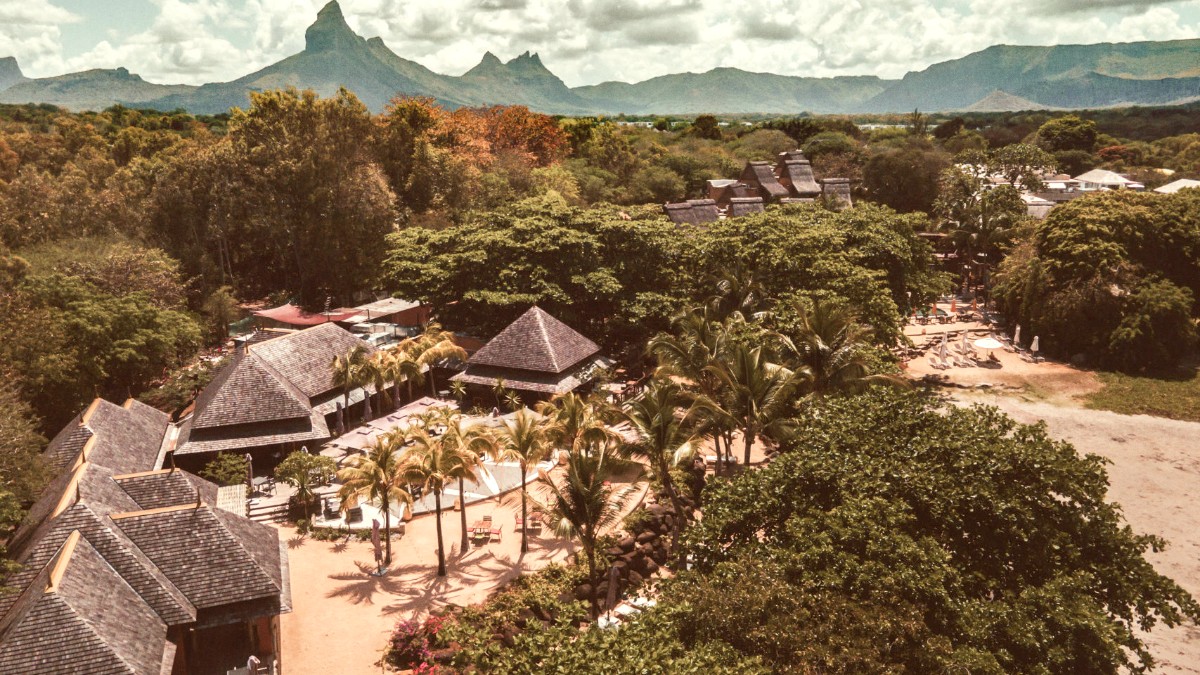
Central Mauritius, Mauritius
Black River Gorges National Park is the most important protected area in Mauritius, preserving its unique and endangered native flora and fauna. The National Parks and Conservation Service manages the park. The Mauritian Wildlife Foundation (MWF) aids conservation efforts with projects like captive breeding and habitat restoration for species like the Mauritius Kestrel, Pink Pigeon, and Echo Parakeet. Ile aux Aigrettes, a MWF-managed island reserve, serves as a living laboratory for ecosystem restoration.
Waste management remains an ongoing challenge. Recycling infrastructure exists but shows less comprehensiveness than in some developed countries. Practice minimizing waste generation. Carry Reusable water bottles and Shopping bags. Dispose of trash properly in designated bins. When hiking in Black River Gorges National Park, pack out all your trash, including organic waste, to leave no trace.
Mauritius depends on rainfall for its water supply. While generally sufficient, drought periods can occur, influencing water reserves. Be mindful of water usage, especially in accommodation. Take shorter showers and reuse towels when possible.
Interact respectfully with local culture.
Support local heritage.
Engage politely and thoughtfully.
Be considerate when photographing.
Show proper reverence.
Consider contributing to carbon offset programs for your international flights. Some airlines offer this option directly during booking. These programs invest in projects that reduce greenhouse gas emissions elsewhere.
Offset your travel via TerrapassLook for accommodations with environmental certifications or those that demonstrate sustainable practices, including energy efficiency, water conservation, and local sourcing of food and materials. Choose tour operators that emphasize responsible tourism, adhere to ethical guidelines, and support conservation efforts, particularly for tours within Black River Gorges National Park. Explore Ecobnb for eco-friendly stays or ethical tours with G Adventures.
Sustainable outdoor gear at PatagoniaThoughtful choices leave a positive mark.
Support the local economy directly.
Directly benefit local communities.
Choose products that support fair practices.
Be aware of potential negative impacts.
Be aware of practices that might exploit local populations or the environment. Research tour operators and activities before booking.
Avoid engaging in activities that involve direct interaction with wild animals (e.g., petting big cats) that are not part of genuine, ethical conservation efforts. Support organizations like The Rainforest Site.
If you wish to donate, do so through established and reputable local charities or NGOs rather than giving directly to individuals. This helps ensure funds are used effectively and prevents the encouragement of begging.